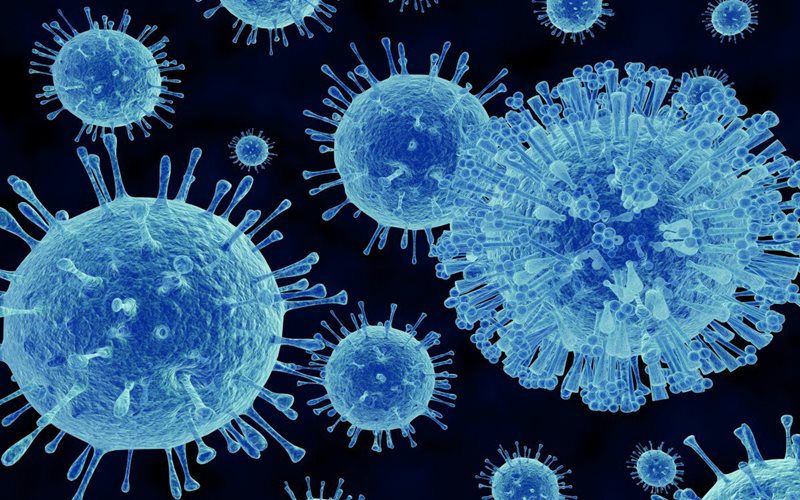Gaining a comprehensive understanding of viral fever, its symptoms, and how to treat and prevent it is essential. Let’s delve into this medical condition, exploring its causes, signs, and methods to prevent it effectively.
1 Causes of Viral Fever
 Understanding the Causes of Viral Fever
Understanding the Causes of Viral Fever
Viral fever is a condition characterized by a fever caused by viruses or microorganisms. It is more prevalent during humid weather and in colder seasons, such as the rainy or winter months, which provide the perfect environment for viruses to thrive and spread.
Anyone, regardless of age, can fall victim to viral fever. Typically, the fever lasts between 2 – 5 days, but in more severe cases, it may persist for several weeks. Various viruses can trigger this condition, including influenza B, adenovirus, rhinovirus, SARS-CoV-2, herpes simplex virus, enterovirus, and more.
2 Signs and Symptoms of Viral Fever
 Signs and Symptoms: What to Look Out For
Signs and Symptoms: What to Look Out For
Viral fever presents with a range of signs and symptoms, including:
-
High fever, ranging from 39 – 40 degrees Celsius, and occasionally reaching 41 degrees
-
Body aches, fatigue, and persistent headaches
-
A swollen and sore throat, often accompanied by a dry cough
-
Nausea, diarrhea, and other digestive issues
-
Watery eyes and pain in the eye region
-
A runny nose, sneezing, and nasal congestion
-
Skin rash that may appear after the onset of fever
It’s important to note that the specific symptoms may vary depending on the type of virus involved. Typically, the fever and associated signs subside within a week, but the dry cough and fatigue may linger for a few more weeks.
3 Managing Viral Fever
 Managing and Treating Viral Fever
Managing and Treating Viral Fever
In most cases, viral fever resolves on its own within a week of contracting the infection. While there is no specific cure for viral fever, the following self-care measures can help manage the condition effectively:
-
Stay well-hydrated by consuming plenty of fluids and electrolytes
-
Get ample rest and refrain from strenuous activities
-
Eat easily digestible and nutritious foods
-
Include fresh fruits and vegetables in your diet to boost your immune system
-
Keep yourself warm
-
Take pain relievers or antipyretics as directed by your doctor
-
Wear comfortable and breathable clothing to stay dry and comfortable
4 Preventing Viral Fever
 Preventing Viral Fever: Taking Precautions
Preventing Viral Fever: Taking Precautions
While viral fever is typically not life-threatening, it can lead to severe complications, especially in individuals with weakened immune systems. To protect your health and prevent viral fever, consider the following measures:
-
Consume properly cooked food and boiled drinks to reduce the risk of bacterial infections
-
Stay up to date with vaccinations to protect against various diseases
-
Maintain a balanced diet rich in essential nutrients, vitamins, and minerals from a variety of food sources
-
Practice good hand hygiene by regularly washing your hands with soap or using hand sanitizers
-
Engage in regular physical exercise to boost your overall health
-
Get adequate sleep and maintain a healthy lifestyle
-
When interacting with individuals suffering from viral fever, maintain a safe distance and wear a mask to reduce the risk of transmission
This article has provided a comprehensive overview of viral fever, covering its causes, symptoms, and prevention methods. By understanding this information, you can take proactive steps to protect your health and effectively manage viral fever if it occurs.
Source: medlatec.vn







































